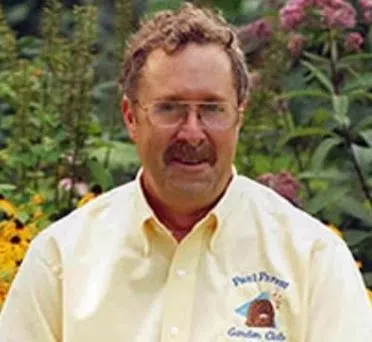BEIJING (Reuters) – China used coronavirus prevention measures, intimidation and visa curbs to limit foreign reporting in 2020, ushering in a “rapid decline in media freedom,” the Foreign Correspondents’ Club of China (FCCC) said on Monday.
For the third year in a row, no journalists told the group that working conditions had improved, the FCCC said in an annual report based on 150 responses to a survey of correspondents and interviews with bureau chiefs.
“All arms of state power – including surveillance systems introduced to curb coronavirus – were used to harass and intimidate journalists, their Chinese colleagues, and those whom the foreign press sought to interview,” it said.
Authorities cited public health concerns to deny reporters access to sensitive areas and threatened them with enforced quarantine, it added. Visa restrictions were also used to put pressure on reporting.
At least 13 correspondents were given press credentials valid for 6 months or less, the FCCC said. Foreign reporters based in China typically receive one-year visas and must renew them annually.
Journalists were also used as “pawns” in China’s diplomatic disputes, it added.
China expelled more than a dozen foreign journalists at U.S. media organizations in 2020, amid a series of tit-for-tat actions between the countries. Washington also slashed the number of journalists permitted to work in the United States at four major Chinese state-owned media outlets.
In September, Australia helped two of its foreign correspondents leave China after they were questioned by the country’s state security ministry.
Journalists reporting from far western Xinjiang, where China has been accused of large-scale human rights abuses, encountered especially intense harassment, the report said.
Last year Chinese authorities detained Cheng Lei, an Australian citizen working for Chinese state media, and later Haze Fan, a Chinese national working for Bloomberg News, both on suspicion of endangering national security.
Both remain in detention.
Some Reuters journalists are members of the FCCC.
(Reporting by Gabriel Crossley; Editing by Clarence Fernandez and William Mallard)






